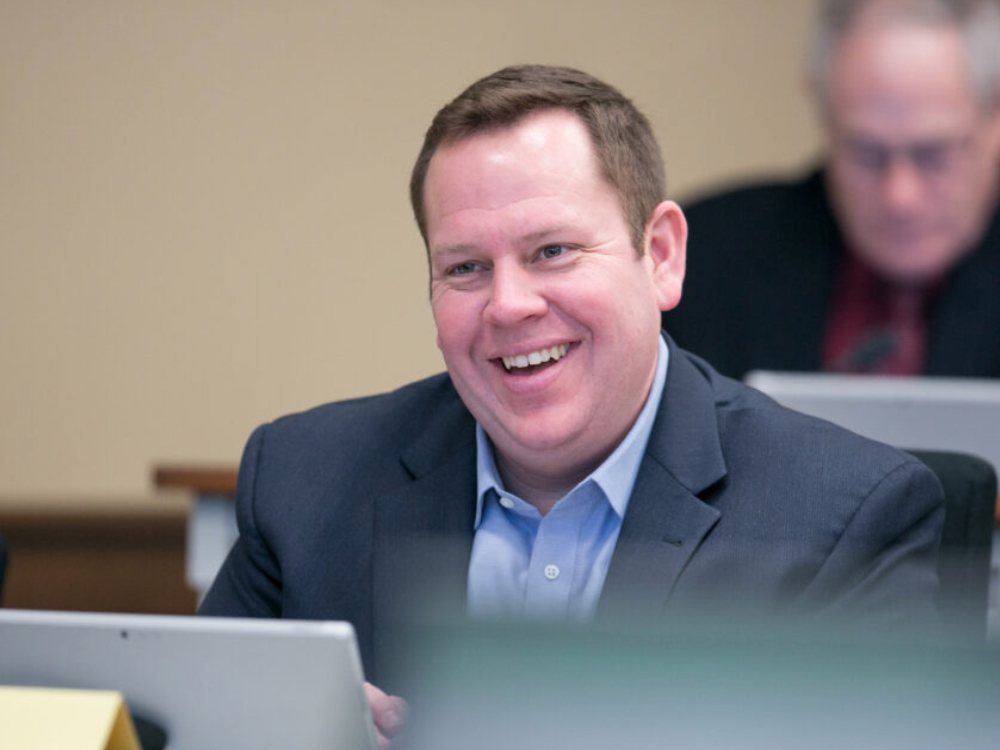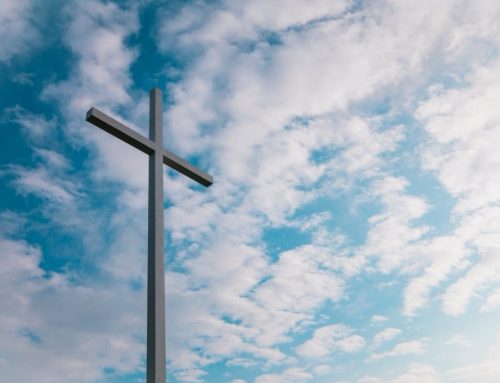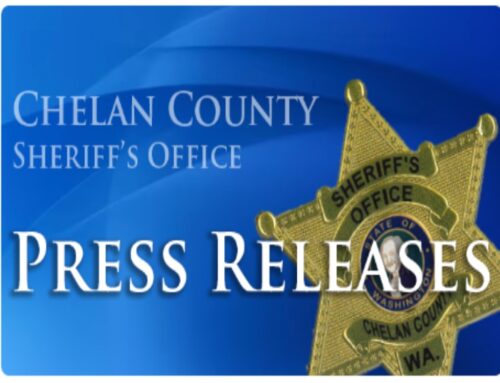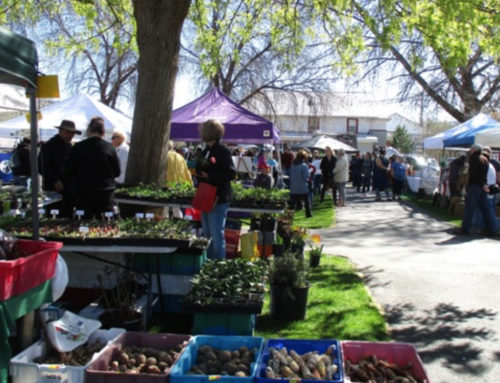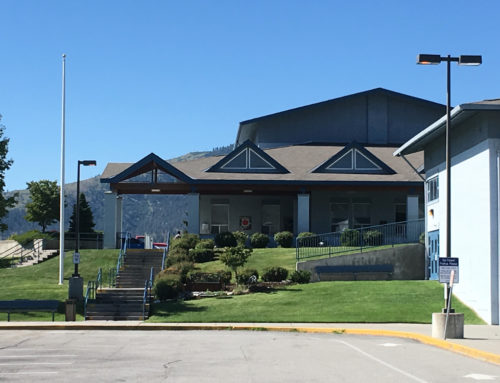Surging gas prices and legislative solutions
information released
Dear Friends and Neighbors: As Central Washington continues its transition to hues of gold and crimson, bringing us into another beautiful autumn, my thoughts are focused on our upcoming legislative session and the issues that matter most to our community.
First on the list is a subject that can’t be ignored: the surge in gas prices. As the majority party accelerated our state’s ambitious emission reduction targets in 2020 and subsequent bills in 2021, it became clear that these steps would have unforeseen financial consequences for Washingtonians. For clarity’s sake, I voted “no” on House Bill 1091 and Senate Bill 5126, anticipating the economic impact on the people of our state.
Having grown up in a farming family, I have a profound respect for the land and believe in good policies that safeguard our environment for future generations. The stewardship of our planet is not just a political responsibility; it’s a deeply personal one for me. However, it’s vital that those environmental policies are not just well-intentioned but efficient and justified in any additional costs they impose.
The cap-and-trade program, in its current form, falls short of this ideal. Its efficiency is questionable, and the undue financial pressure it places on working families is alarming. We must strive for green and equitable solutions that ensure a sustainable future without sacrificing the present well-being of our citizens.
- The cap-and-trade program, technically, does not guarantee a reduction in overall pollution; it merely puts a price on emissions and caps the total allowable amount. Allowing companies to buy and sell emission allowances shifts rather than decreases pollution.
- Washington state’s cap-and-trade program forces companies to purchase allowances, leading to inevitable cost burdens to consumers. By August 2023, the carbon fee had soared to $63.03, far surpassing initial estimates. This inflation directly affects our pocketbooks, pushing Washington’s gas prices significantly above the national average.

Our agricultural sector, the lifeblood of our community, was promised exemptions to the cap-and-trade program. But, disappointingly, this assurance remains unfulfilled. Despite the introduction of House Bill 1780 in 2023, a bill aimed at providing relief to our farming community, the majority party has turned a blind eye to the plight of farmers who need to get their goods to market.
Worse yet, I find it bewildering that while our roads crumble, the revenues from the cap-and-trade program are not being reinvested into transportation infrastructure. Instead, that revenue is funneled into various environmental projects and programs. While I understand the noble intent behind such environmental endeavors, that scale must always balance with our people’s interests and welfare.
Considering its high costs and limited efficacy, the cap-and-trade program demands reevaluation. Here are some pragmatic, real solutions that should be considered in the upcoming 2024 session:
- Amend: Instituting robust agency guidelines could and should help curtail soaring carbon credit prices. Read a comprehensive letter on agency improvements here.
- Rebate: With surging state revenues, it’s imperative that we provide some relief to individuals, especially our farmers and ranchers. House Bill 1780 should be prioritized and passed. Another bill, soon to be introduced by Rep. April Conners from the 8th Legislative District, seeks to give registered vehicle owners in Washington a $100 check—up to $200 per family—by next July.
- Repeal: Given the significant drawbacks of the cap-and-trade program, a repeal should be on the table. Our businesses, farmers, and average citizens shouldn’t bear such disproportionate financial burdens.
What about better forest management as a solution?
For years, my legislative colleagues and I have sought to improve Washington’s forest management as a solution to reducing carbon emissions. Forests absorb and store carbon dioxide from the atmosphere, helping reduce greenhouse gas emissions. By focusing on sustainable forestry, selective logging, and reforestation, we can ensure that our woodlands continually regenerate and maintain their carbon capture capacity.
This natural process of carbon capture is more efficient than the cap-and-trade program because it taps into an established natural system that has been optimizing carbon storage for thousands of years. Moreover, unlike cap-and-trade, which primarily incentivizes carbon reduction by financial means, effective forest management provides other benefits such as biodiversity conservation, water purification, and recreational opportunities—increasing its impact on both our environment and society.
For more insights about the state’s cap-and-trade program, I recommend the following articles:
- Washington senator proposes cap-and-trade rebates for farmers
- Washington follows California above $5 a gallon as fuel prices surge nationwide
- Out of the smokestack, into the state budget
- Where is carbon auction money going in WA state? $1.41 billion
Thank you!
Your feedback and concerns matter to me. I value your input on this topic and other legislative issues. As we approach the 2024 session, rest assured that my commitment to representing our district’s interests remains unwavering.
Stay tuned! In next month’s update, I will shed light on a topic of much curiosity and misconception: how Washington state uses its lottery funds. Contrary to popular belief, these funds aren’t only dedicated to K-12 education. Join me as we delve deep into the actual allocations and dispel some of those longstanding myths.
It’s an honor to serve you.
Sincerely,

Mike Steele
12th Legislative District
RepresentativeMikeSteele.com
335A Legislative Building | P.O. Box 40600 | Olympia, WA 98504-0600
mike.steele@leg.wa.gov
360-786-7832 | Toll-free: (800) 562-6000


